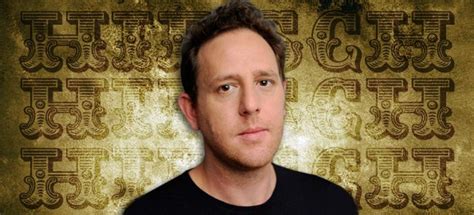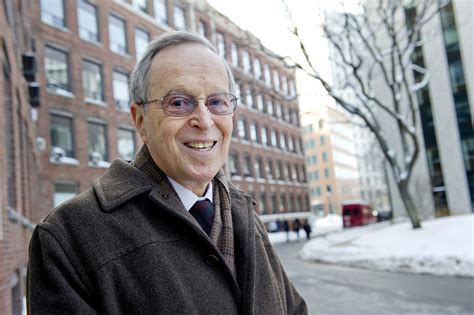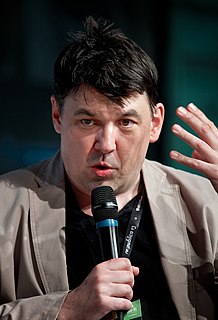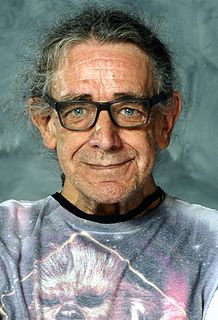A Quote by Lee Hirsch
Movements, like films, depend on word of mouth.
Related Quotes
Language [can] be expressed . . . by movements of the hands and face just as well as by the small, sound-generating movements of the throat and mouth. Then the first criterion for language that I had learned as a student—it is spoken and heard—was wrong; and, more important, language did not depend on our ability to speak and hear but must be a more abstract capacity of the brain. It was the brain that had language, and if that capacity was blocked in one channel, it would emerge through another.
I think films are perishable, because they depend too much on technology, which advances too quickly and the films become old-fashioned, antiques. What I hope for is that technology advances to the point that films in the future will depend on a little pill which you take; then you sit in the dark, and from your eyes you project the film you want to see on a blank wall.
We are in love with the word. We are proud of it. The word precedes the formation of the state. The word comes to us from every avatar of early human existence. As writers, we are obliged more than others to keep our lives attached to the primitive power of the word. From India, out of the Vedas, we still hear: On the spoken word, all the gods depend, all beasts and men; in the world live all creatures...The word is the name of the divine world.
The emotion is the execution of a very complex program of actions. Some actions that are actually movements, like movement that you can do, change your face for example, in fear, or movements that are internal, that happen in your heart or in your gut, and movements that are actually not muscular movements, but rather, releases of molecules.
The brand of the future...is patient, consistent, connected, and trusted. The new brand is based on the truth that only comes from experiencing the product, not just yelling about it. Word of mouth is more important (by a factor of 20) than TV advertising, and the remarkability word of mouth demands comes from what we experience, not from spin or taglines or a campaign slogan.
What's more important is that we talk about movements; change happens through movements. The movement to end slavery, the movement to bring justice for those who have been left out of the system, movements to include women, movements around sexual preference - all these movements brought about change.
































